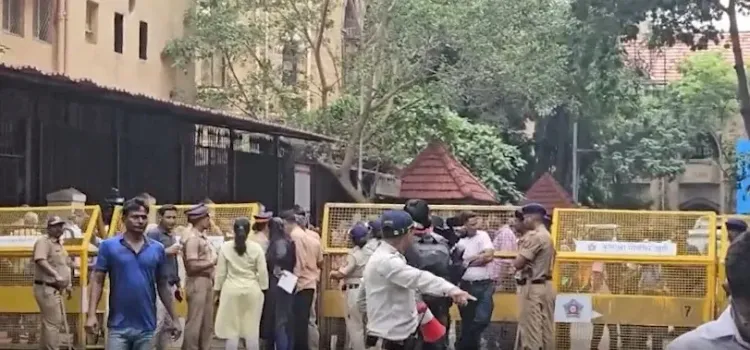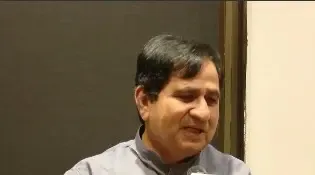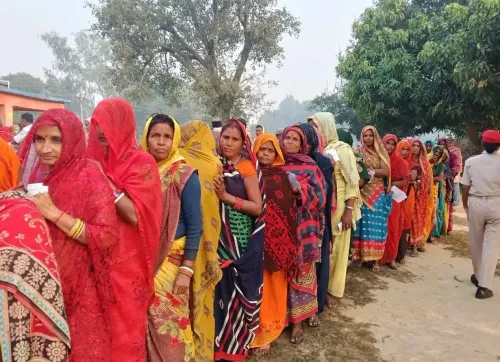Why Were All Seven Accused Acquitted in the 2008 Malegaon Blast Case by NIA Court?

Synopsis
Key Takeaways
- The NIA court acquitted all seven accused in the Malegaon blast case.
- Insufficient evidence led to the dismissal of serious charges.
- The verdict raises questions about the judicial handling of terrorism cases.
- Compensation was ordered for victims' families.
- The trial involved an extensive legal process over nearly two decades.
New Delhi, July 31 (NationPress) In a landmark decision, a special court of the National Investigation Agency (NIA) announced on Thursday the acquittal of all seven individuals implicated in the 2008 Malegaon blast case, which notably includes BJP MP Sadhvi Pragya Singh Thakur and Lt Colonel Prasad Shrikant Purohit.
The court dismissed all allegations against the accused under the Unlawful Activities (Prevention) Act (UAPA), Arms Act, and the Indian Penal Code (IPC), attributing this decision to a lack of compelling evidence.
The explosion transpired on September 29, 2008, when an explosive device attached to a motorcycle detonated near the Bhikku Chowk mosque in Malegaon, located in the Nashik district of Maharashtra. This tragic incident occurred during the sacred month of Ramzan and shortly before the Hindu festival of Navratri, resulting in the loss of six lives and injuries to over 100 individuals in this sensitive communal area.
After nearly 17 years of intricate legal battles, the verdict was pronounced in a crowded courtroom with all accused present, as mandated by the court. The ruling also mandated a compensation of Rs 2 lakh to the families of each deceased victim and Rs 50,000 for every individual injured.
The trial encompassed an extensive legal process, consisting of a case file exceeding one lakh pages.
The hearings concluded in April of this year, with the court reserving its judgment on April 19. Due to the complexity and magnitude of the case, the court required additional time to review all evidence before delivering its verdict.
Throughout the proceedings, the prosecution presented 323 witnesses, although 34 of these witnesses became hostile, significantly undermining the prosecution's case.
The initial investigation was carried out by the Maharashtra Anti-Terrorism Squad (ATS), which arrested the accused and submitted the first charge sheet. However, the investigation was transferred to the NIA in 2011.
In 2016, the NIA filed a supplementary charge sheet, exonerating several accused, including Sadhvi Pragya, citing a lack of sufficient evidence for prosecution under stringent anti-terror statutes.
Throughout the trial, all accused were released on bail, facing grave charges including conspiracy, murder, and the use of explosives under UAPA and IPC provisions.








